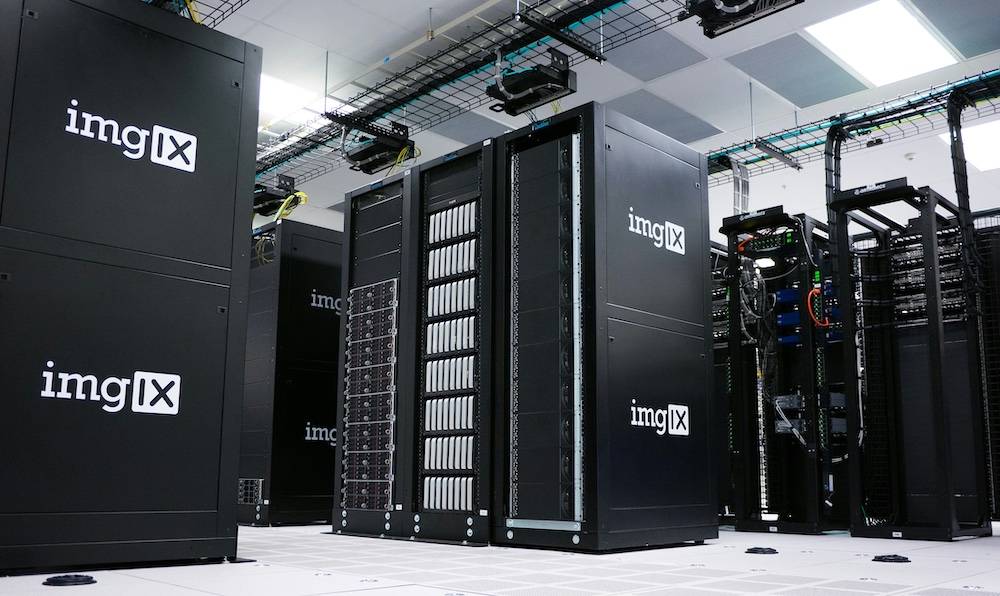As the digital demand surges, so does the environmental footprint of data centers, the backbone of our digital infrastructure. Data centers are critical energy consumers, often with substantial waste management challenges. Implementing zero waste audits is becoming essential not only to reduce their environmental impact but also to align with global sustainability standards. This blog post delves into the importance of zero waste audits for data centers, supported by insights from real-world applications and linking to broader sustainability discussions. Contact us for more information.
The Critical Role of Waste Audits in Data Centers
Why Zero Waste Audits?
Data centers handle various types of waste, including electronic waste (e-waste), general waste, and packaging materials. Zero waste audits provide a structured approach to identify, categorize, and manage these waste streams effectively. The goal is not only to minimize waste sent to landfills but also to enhance the efficiency of resource use, incorporating principles of the circular economy into data center operations.
- Regulatory Compliance: With regulations like the Corporate Sustainability Reporting Directive (CSRD) tightening, data centers must adopt more transparent and rigorous waste management practices. Zero waste audits help ensure compliance and prepare facilities for third-party sustainability certifications.
- Operational Efficiency: By understanding waste streams and diversion opportunities, data centers can significantly reduce operational costs associated with waste handling and disposal.
- Reputation and Marketability: As sustainability becomes a critical decision factor for clients, data centers with proven zero waste commitments stand out in a competitive market.
Real-World Application: Case Study from WeGoZero

Enhancing Waste Management Practices
A notable example is a project outlined in the CSRD Case Study: Data Center Waste Management, where WeGoZero partnered with a major European data center. Through comprehensive waste audits, the project identified significant improvements in waste diversion and recycling, ultimately enhancing the data center’s sustainability profile.
- Strategic Waste Diversion: The project focused on optimizing waste segregation and significantly increasing the recycling rates of metals and plastics, crucial in reducing landfill dependency.
- Employee Engagement: Educating staff on waste handling and segregation practices was key to improving operational sustainability, fostering a culture of environmental responsibility within the organization.
Why Zero Waste Audits Are Relevant for Data Centers
For more insights into the relevance of sustainable practices in data centers, refer to the detailed discussion in Green Data Centers. This article highlights the broader environmental impacts of data centers and the strategic importance of integrating zero waste principles to mitigate these effects.
Conclusion: Leading the Charge Towards Sustainable Digital Infrastructure
Zero waste audits are not just a regulatory necessity but a strategic advantage for data centers. By systematically addressing waste management challenges, data centers can significantly contribute to sustainability goals, paving the way for a future where digital infrastructure supports not only our data needs but also our environmental aspirations.
Call to Action
Is your data center on the path to zero waste? Embrace zero waste audits as a cornerstone of your sustainability strategy. Explore detailed strategies and case studies to guide your journey towards a sustainable digital future. Contact us for more information.
